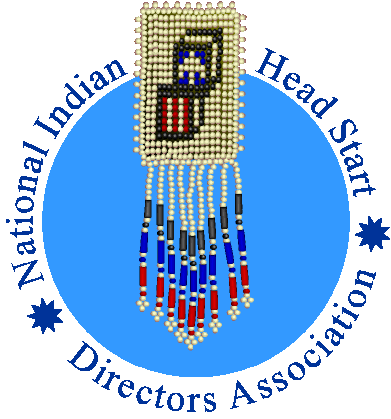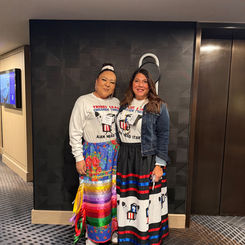
NIHSDA
National Indian Head Start Directors Association
Standing Strong for American Indian and Alaska Native Children


2025 AIAN Head Start Policy Institute
Changes to Head Start Eligibility Criteria for Tribal Head Start
NIHSDA is delighted to share a major advocacy victory: with President Biden’s signature on the Further Consolidated Appropriations Act, 2024, Tribes operating American Indian/Alaska Native Head Start programs now have discretion to establish their own Head Start program selection criteria, regardless of income. AIAN programs can use their selection criteria to enroll children who would benefit from Head Start services but do not meet income eligibility requirements. This selection criteria may include prioritizing children in families in which a child, family member, or member of the household is a member of an Indian tribe. In other words, income is no longer a barrier to enrolling children in AI/AN Head Start programs.
The change to Tribal Head Start requirements is designed to strengthen the nation-to-nation relationship between the federal government and Tribal Nations, and ensure that Tribes have flexibility and decision-making power to determine how they deliver services in their communities. This change will also allow Tribal Head Start Programs—which are a precious source of child care and Native language preservation in hundreds of Native communities—to grow to meet the existing demand in their communities without losing federal funding eligibility. This provision goes into effect immediately. The Office of Head Start will release additional guidance soon and will continue to work with all programs to implement the change.
This change is a long time coming and we share this triumph with all of you. We thank those of you who arranged meetings with your Senators and Representatives. Every letter, phone call, email, and Hill meeting was a show of force that ensured that the needs of tribal children and families were top of mind for our legislators throughout this protracted appropriations cycle. Also, we want to take a moment to acknowledge and lift up advocacy from our partners in Congress and the Administration for Child and Families. Without their hard work and willingness to learn about this issue, this permanent eligibility fix would not have been possible.
NIHSDA Corporate Members
Interested in becoming a
corporate member?
Click here for more information.




















